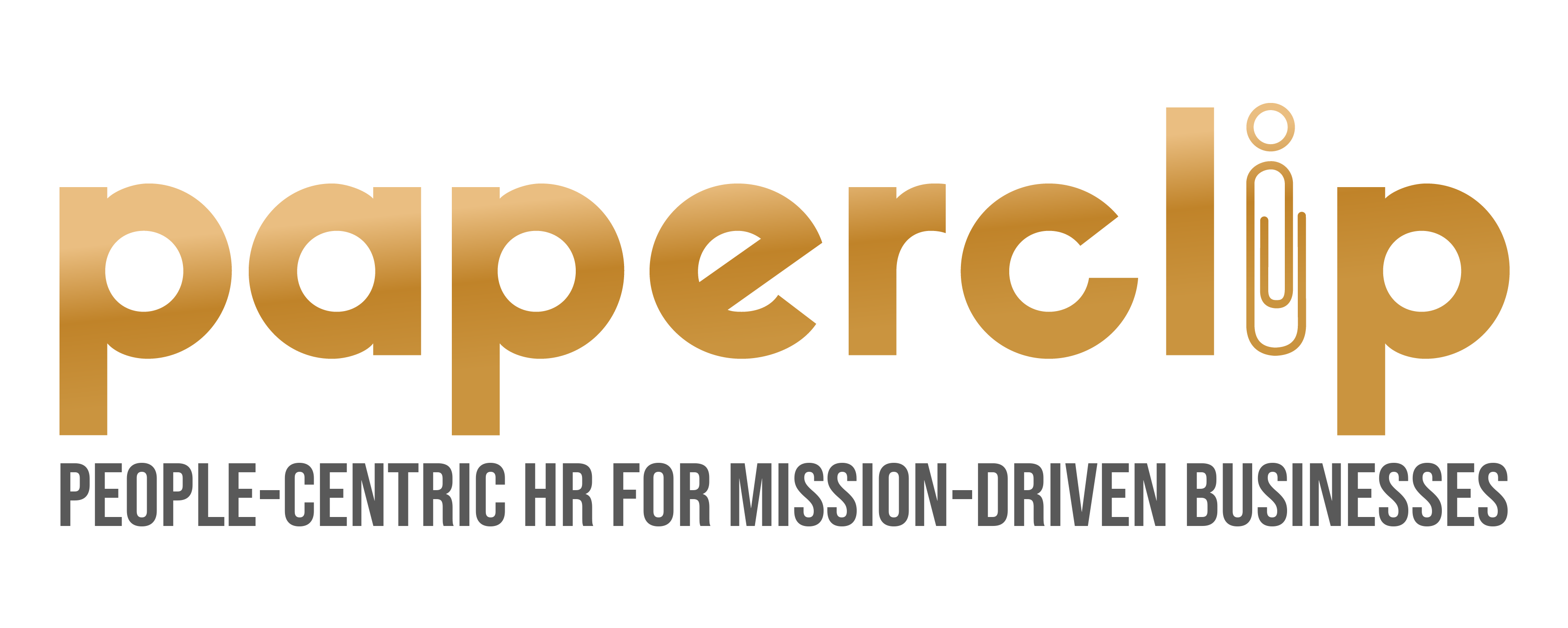Why Documentation is Key: Protecting Yourself and Your Employees
Dealing with employee issues can feel like putting out fires. But amidst addressing performance concerns, disciplinary actions, or even positive developments, there’s one crucial element that often gets overlooked: documentation.
While it might seem tedious, maintaining clear and consistent documentation is essential for both employers and employees. It serves as a neutral record of events, protecting both parties and ensuring fair and objective decision-making. Here’s why documentation is crucial in employee relations:
Benefits for Employers:
- Supports Disciplinary Actions: Should disciplinary action become necessary, documented evidence of performance issues, warnings, or previous conversations provides a strong foundation for your decision. This helps ensure fairness and minimizes the risk of legal challenges based on discrimination or lack of due process.
- Protects Against Legal Claims: Documentation can be your shield in the event of legal disputes. Detailed records of employee conduct, performance reviews, and communication can help defend against claims of wrongful termination, harassment, or discrimination.
- Provides Context for Investigations: Whether it’s investigating a potential policy violation or a complaint raised by an employee, having a documented history allows for a more thorough and objective investigation. This ensures all sides of the story are considered and helps identify potential solutions.
- Tracks Performance and Progress: Clear documentation of performance reviews, goals set, and progress achieved allows for a more objective evaluation of employee performance. This data can be used to identify training needs, track improvement, and make informed decisions regarding promotions or compensation.
Benefits for Employees:
- Provides a Clear Record of Events: Employees also benefit from proper documentation. Documented conversations, performance reviews, and agreements provide a clear record of expectations, goals set, and any feedback received. This can be helpful for employees who want to track their progress or address any concerns they might have.
- Protects Against Unfair Treatment: Documented communication creates a transparent record that can help protect employees from unfair treatment or favoritism. If an employee feels they’ve been treated unfairly, documented evidence can support their perspective and ensure a fair resolution.
- Supports Career Development: Documented performance reviews provide employees with a tangible record of their accomplishments and areas for improvement. This information can be valuable for career development discussions and can help employees advocate for themselves when seeking promotions or new opportunities.
What to Document:
- Performance Reviews: Regular performance reviews, both formal and informal, should be documented and shared with the employee.
- Disciplinary Actions: Any disciplinary actions taken, including warnings, suspensions, or terminations, should be clearly documented with specific reasons and dates.
- Employee Meetings: Following important conversations with employees, especially concerning performance or conduct, summarize the key points and any agreements reached in a documented record.
- Emails and Communication: Keep a record of important email correspondence related to performance, conduct, or policy violations.
Building a Culture of Transparency
While documentation is essential, it’s important to maintain a transparent and open work environment. Employees should feel comfortable discussing concerns or issues without fear of retribution.
The Bottom Line: Documentation for Success
Taking the time to document employee issues and interactions shows a commitment to fairness, transparency, and professionalism. By creating a clear paper trail, you’re not just protecting yourself and your employees, but also laying the foundation for a more positive and productive work environment for everyone.
Feeling overwhelmed by the complexities of employee relations and documentation? At Paperclip, we specialize in helping businesses navigate HR challenges. Our team of experienced professionals can help you develop comprehensive documentation practices, ensure compliance with labor laws, and foster a positive work environment for all.
Contact us today for a free consultation and learn how we can empower you to handle employee issues with confidence. We can help you streamline your HR processes, mitigate legal risks, and build a stronger, more successful workplace.
